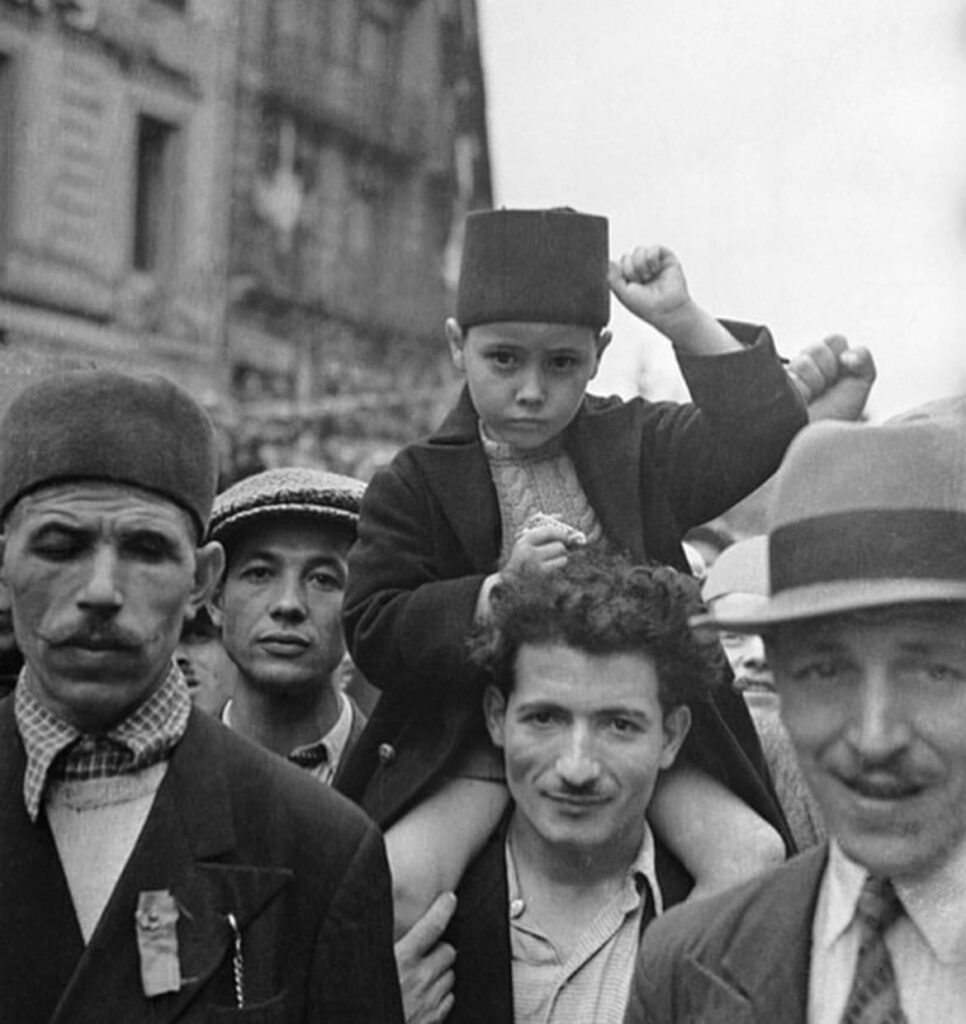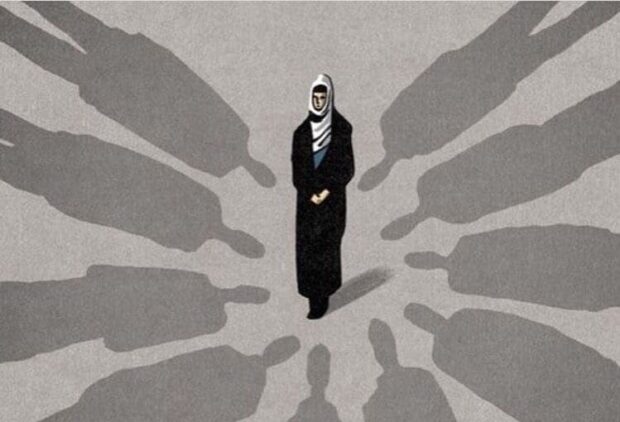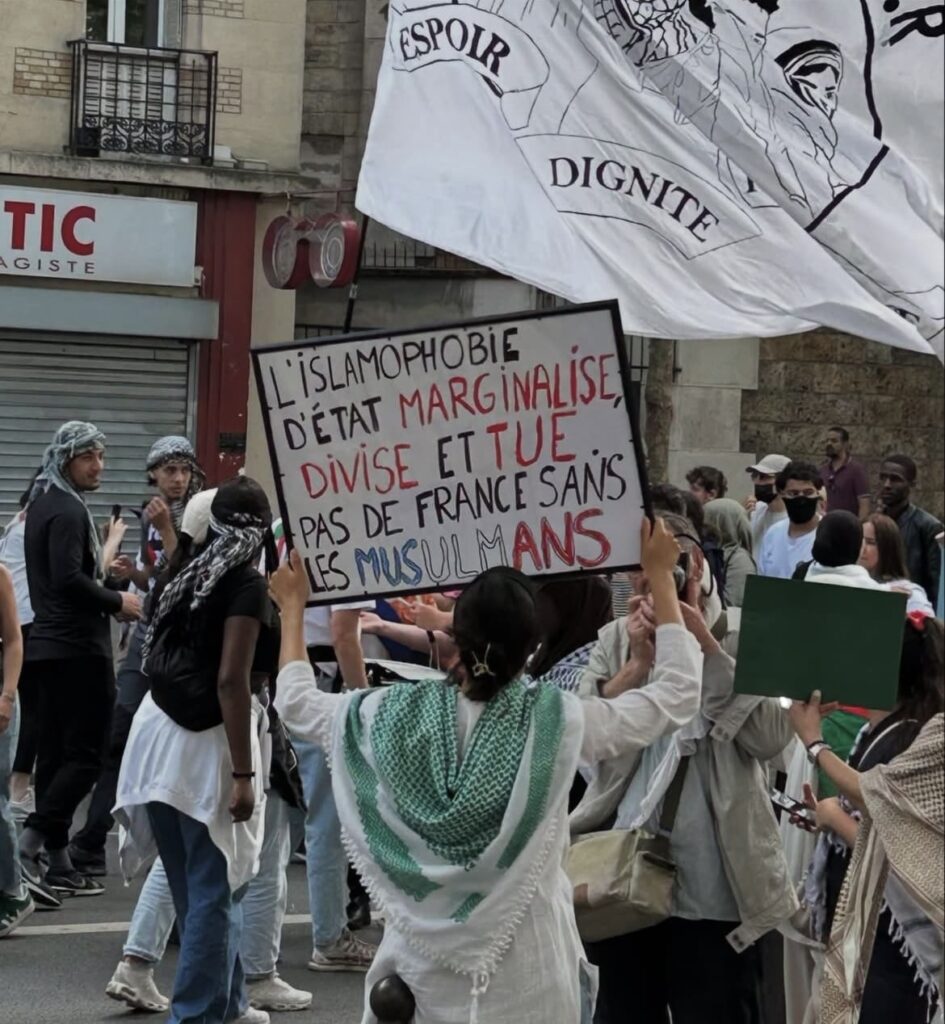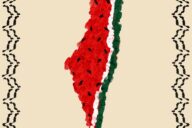I am Muslim and French.
Two simple words, yet they seem to contradict each other in the minds of many. For some, these two identities are incompatible; for others, they form the core of a constant struggle.
I was born in France, to French parents born in Tunisia. I grew up there, was educated and socialized there. But for a long time, I never really felt that this France was also mine.
I saw, in my family’s eyes, what uprooting leaves behind: a mixture of nostalgia, silence, sometimes regret, and often rejection. I grew up at the crossroads of several cultures, in an environment where the question of integration was not really raised. Until the outside world forced me to confront it. It was brutal. A private school gave me that first slap. There, I understood what a gaze is: the one that classifies, judges. The gaze that asks you to integrate while actually expecting you to vanish. I was “not like the others.” I heard it. I felt it. As if my way of existing, as a Muslim, daughter of immigrants did not fit within the framework of French identity as it was presented to me.
You speak the language, know the codes, love this country. But in the eyes of many, you remain a “child of immigration”.
When you are born in France to foreign parents, you live in a permanent in-between. You speak the language, know the codes, love this country. But in the eyes of many, you remain a “child of immigration”. We are always referred back to an origin, as if that erased everything else. As if you had to choose between your family heritage and the country where you were born, as if reconciling both were impossible. That school was the first place where I explicitly felt rejection. Not outright rejection, not always directed personally at me, but a more insidious rejection: the one aimed at my community. It is subtle racism. They told me I was “a different Arab,” as if that were a compliment. As if my worth depended only on not looking too much like the stereotypes they had in mind.
As if my name, my faith, my physical appearance condemned me to permanent otherness. As if Islam were incompatible with the Republic.
And then, in high school, I started to speak out. To denounce injustices, to point out racist comments. That’s when they tried to silence me. Because “this was not my home.” Because I shouldn’t say too much. Because by criticizing France, they accused me of not loving it. But it is precisely because I was born here, because I live here, that I allow myself to denounce what is wrong. As if my name, my faith, my physical appearance condemned me to permanent otherness. As if Islam were incompatible with the Republic.
Not One, Not the Other- Both

Anti-colonial procession of the militants of the North African Star during the largest demonstration of the Popular Front in 1936.
When you are born in France to foreign and Muslim parents, you understand very early that you will never be fully from here. We are constantly reminded that we belong to the “second generation,” a polished and purely French word to say: “You were born here, but you are not from here.” So we struggle with this huge identity crisis, the crisis of my generation. Too French to be truly Arab, but too Arab to be truly French. Many develop a stronger sense of belonging to their parents’ country of origin because the connection with France is tinged with rejection, suspicion, and marginalization. But paradoxically, this also leads to political disengagement: many lose interest in civic life, even though they could vote, act, engage.
Every religious act is suspected. As if Muslim faith had to be discreet, almost shameful, to be tolerated.
Meanwhile, we cannot practice our religion as we would like. Frustration grows, becomes anger, and then deep discomfort. Some seek refuge in the Ummah, that community of faith that transcends borders. Practicing Islam in France is a daily challenge. How can we feel safe in a country that sees religious visibility as a threat? Secularism is talked about, but it is forgotten that it can neither forbid nor judge. Yet Muslims must constantly prove they are “compatible” with the Republic.
Wearing a veil becomes provocation or submission. Praying in public turns into a transgression. Asking for a day off for Eid is seen as a “communitarian” demand. Every religious act is suspected. As if Muslim faith had to be discreet, almost shameful, to be tolerated. Freedom of worship is enshrined in the Constitution, but its application is constantly questioned in our case.
From Stigmatization to Violence
We are no longer just judged : we are watched. They speak of neutrality, but it seems only we are subjected to it with such zeal. And this climate of hostility has crossed a line. It has become suffocating. Hostile. Even deadly.
The murder of Aboubakar Cissé, that young Muslim stabbed to death on April 25 simply for wanting to pray, is a chilling proof. He bothered no one. He prayed. And that was enough for them to take his life. Aboubakar was not a threat, he was a believer. And he died for it. His murder did not provoke the national outrage that such an act deserved. As if, deep down, his faith made him less worthy of compassion.
And we have to keep pretending. Pretending everything is fine. That these are “isolated cases.” That we are not the target. But we know: this climate pushes us to hide, to apologize for being believers, to adapt our faith to the gaze of others, as if practicing it were a guilt, a provocation.
This identity pressure drives some into exile. More and more Muslims are leaving France, not to flee, but to finally breathe. To live their faith freely, without having to justify it. This new brain drain is not only economic, it is also deeply political and social.
The Trap of the Identity Dilemma
The identity question remains at the heart of the tensions shaking French society. This implicit pressure, reinforced by a polarized political climate and reductionist media discourse, establishes an artificial dilemma: must one choose between being French and remaining oneself? Between republican citizenship and loyalty to one’s roots or spirituality? Yet this imposed choice is nothing inevitable.
Being French, of immigrant origin, and Muslim is not contradictory. These identities coexist, enrich each other, and do not cancel one another out. It is not the individual who creates incompatibility, but social perception, political representations, and dominant narratives that freeze identities and rank belongings.
It is in the name of this lived experience that criticism is necessary: criticism directed at the system we live in, its blind spots, its systemic discriminations, persistent Islamophobia, structural racism, and the normalization of extremist discourse.
It is time to allow the Muslims of France to breathe, think, believe, vote, live fully. It is time to stop demanding that we split ourselves between two facets of our identity. Because we are both. Because we are not half. Because we are whole.
And we belong here.
Ambrine Charmi
Cover illustration: Bill Bragg.
















No Comments